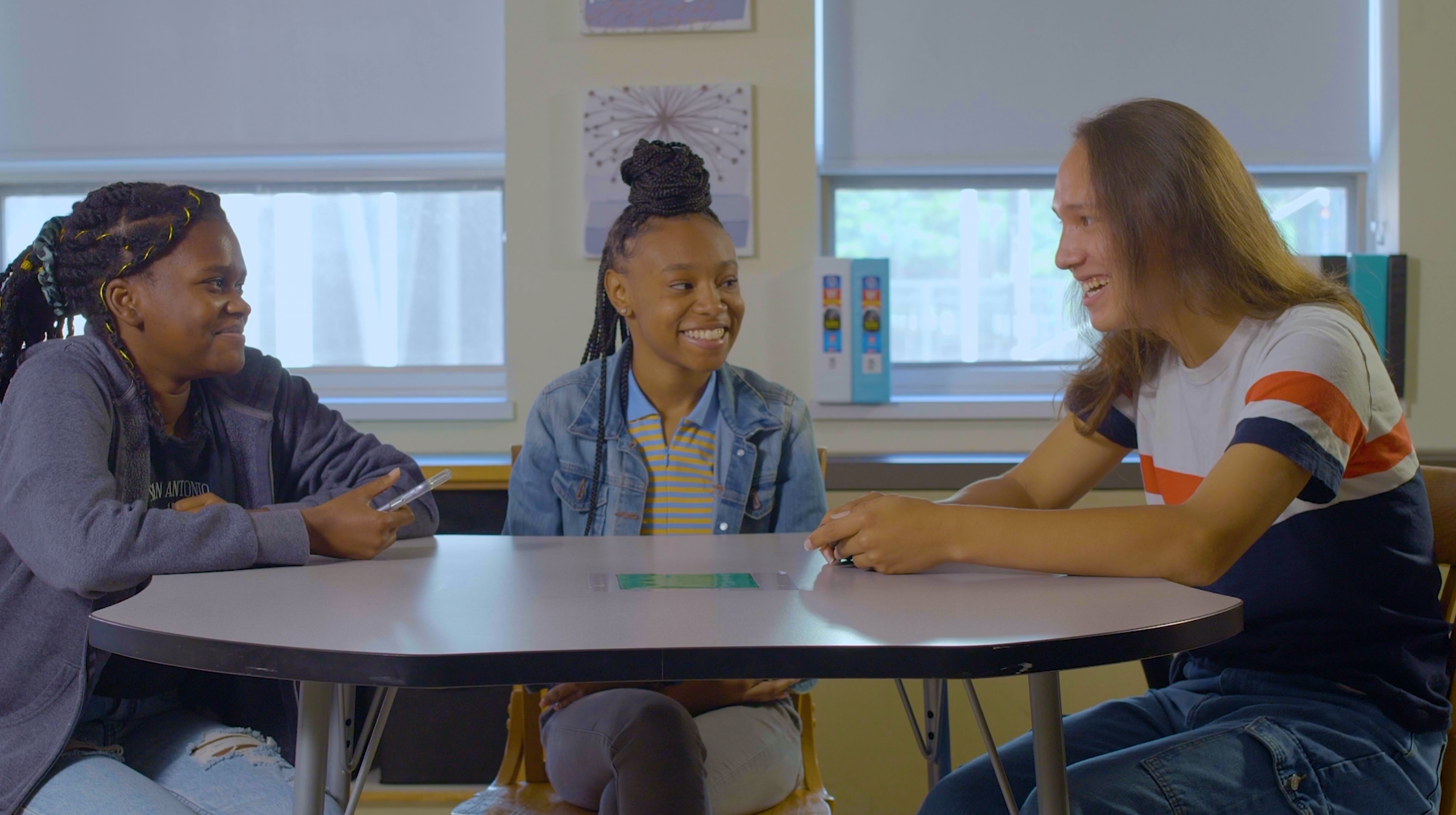
Introduction
As educators, we understand the importance of teaching our middle school students the skill of self-advocacy with friends. This essential ability allows them to communicate their needs, thoughts, and feelings while fostering healthy relationships. It involves speaking up when something makes them uncomfortable, is unfair, is purposely mean, or to express their preferences. By promoting self-advocacy, we empower students to be honest with themselves, understand their needs, and know how they deserve to be treated.
No-Prep Activity
To help students practice self-advocacy with friends, try this simple no-prep activity called “The Request Relay.” Divide the class into pairs and have each student think of a request they might need to make to a friend, such as turning down the music or borrowing a pencil. Then, have students take turns practicing their requests while maintaining a friendly tone of voice and positive body language. Encourage the listener to provide feedback on the effectiveness of the request and suggest ways to improve if necessary. This activity allows students to practice their communication skills and learn from their peers in a safe and supportive environment.
Discussion Questions
- Why is self-advocacy important in maintaining healthy friendships?
- What are some challenges that students might face when trying to self-advocate with friends?
- How can we encourage our friends to be more open to our self-advocacy efforts?
- What are some strategies for maintaining a friendly tone of voice and positive body language when self-advocating?
- How can educators help students develop self-advocacy skills in the classroom?
Related Skills
Self-advocacy with friends is just one aspect of social-emotional learning. Other related skills that can help students develop strong friendships and emotional well-being include:
- Active listening: Being fully present and attentive when a friend is speaking, showing empathy, and providing appropriate responses.
- Conflict resolution: Identifying the root cause of a disagreement and working together to find a solution that satisfies all parties involved.
- Emotion regulation: Recognizing and managing one’s emotions in a healthy and appropriate manner.
- Assertive communication: Expressing one’s thoughts, feelings, and needs in a clear, respectful, and confident manner.
Next Steps
Teaching self-advocacy with friends is a crucial part of helping middle school students develop the skills they need to navigate their social lives and build strong, supportive relationships. To support your students’ growth in this area, consider exploring the free sample materials available at Everyday Speech. These resources can provide you with additional activities, lessons, and strategies to promote social-emotional learning in your classroom. By incorporating self-advocacy and other related skills into your teaching, you can empower your students to thrive in their friendships and beyond.

